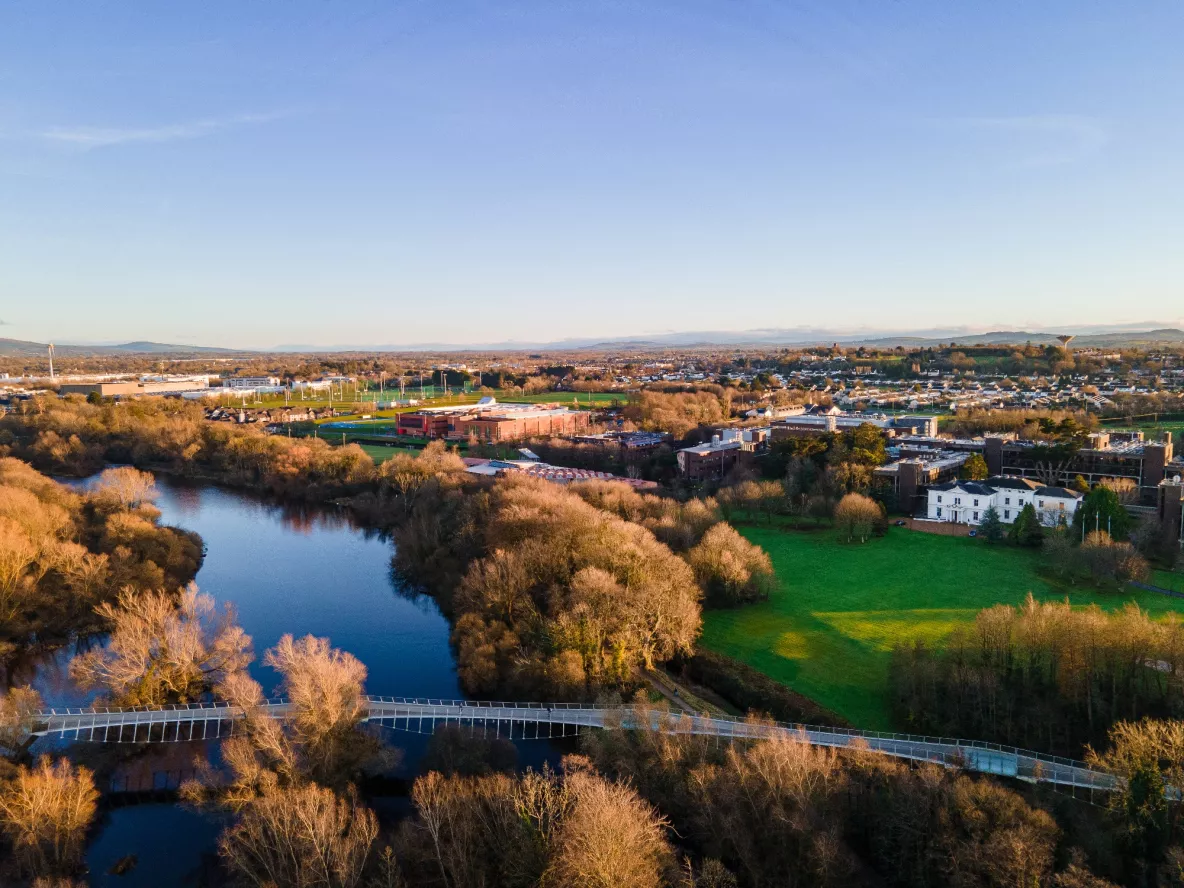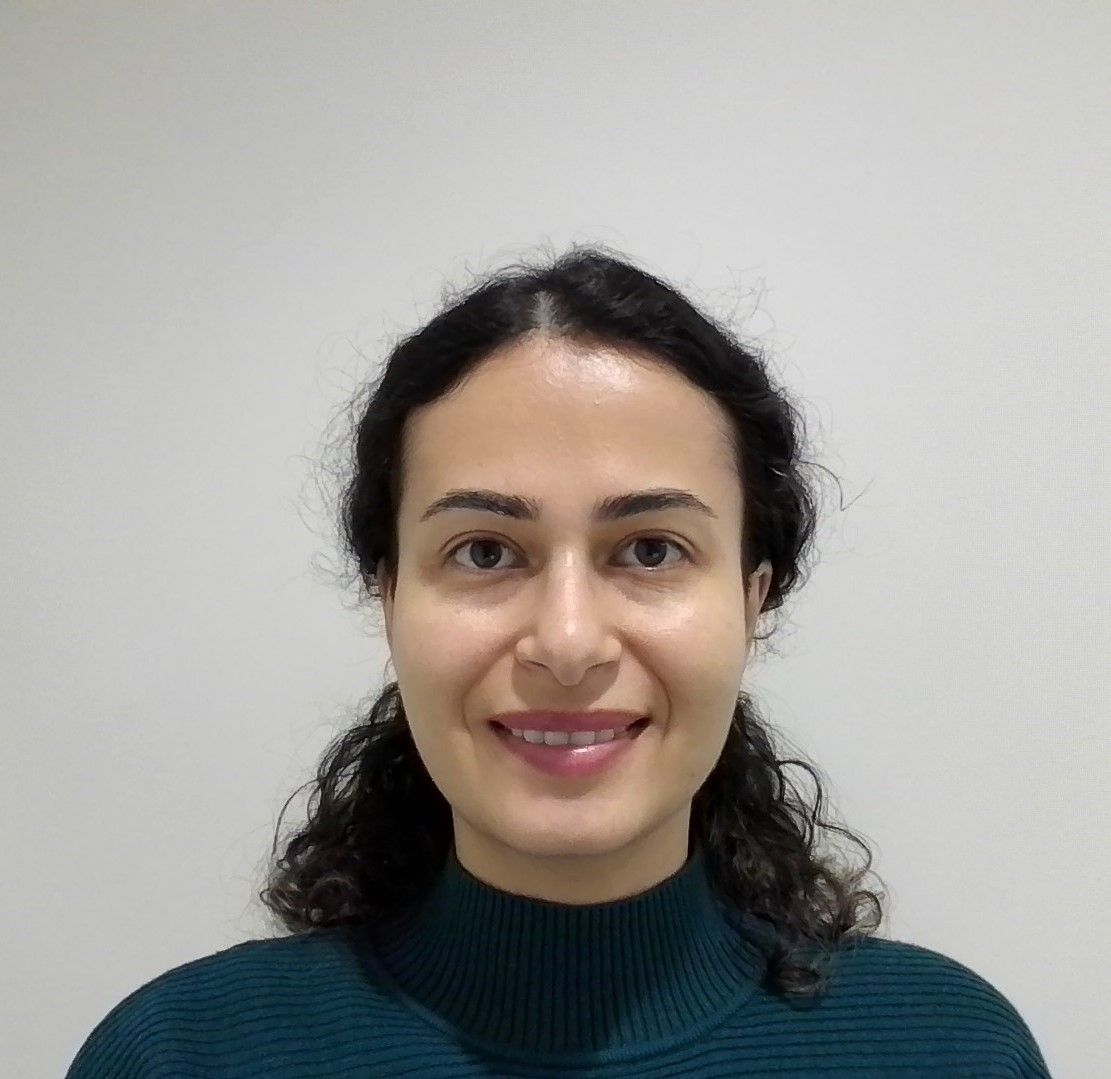
Five University of Limerick researchers have received fellowships through the Research Ireland Industry Research, Development, and Innovation Fellowship Programme.
The investment was announced by Minister for Further and Higher Education, Research, Innovation and Science, James Lawless TD and will enable the researchers to undertake placements in companies, working on projects across diverse fields including cell-sorting system for addressing male infertility, production of thin polyimide layers for semiconductor devices and improvements to the quality of wind turbine operational signals.
Minister Lawless announced a total of €2.5 million investment to fund 28 fellowships across the country under the IRDIF Programme with UL receiving five of the fellowships totalling around €420,000.
“Research Ireland’s Industry Research Development and Innovation Fellowship Programme is an excellent example of how the best of academic research and industry expertise can be brought together to tackle challenges and deliver impactful solutions. The initiative strengthens our national research ecosystem and highlights the importance of partnerships in fostering innovation that drives societal and economic growth. I look forward to the significant contributions these fellowships will bring,” Minister Lawless said.
Across the whole programme the industry partners collaborating will collectively contribute co-funding of over €1.7 million. Researchers will bring valuable academic insights and research experience to their respective industry partners, while developing their industry and business knowledge during their placement.
Celine Fitzgerald, Interim CEO of Research Ireland, added: “We are delighted to facilitate these new partnerships between academia and industry. The Research Ireland IRDIF Programme offers researchers unique opportunities to address industry-focused challenges, ensuring that the knowledge exchange drives research excellence and enhances the competitive advantage of the companies involved.”
The fellowships range in duration from 12 to 24 months.
The five UL projects funded are:
Dr Infanta Diana Michael, Department of Chemical Sciences
THERMACS [Development of Thermoelectric Materials for Manufacturing Chip-Scale Devices] aims to innovate materials for miniature electronic devices capable of converting wasted heat into electrical energy. By enhancing the manufacturing and application of these materials, the goal is to increase the efficiency and dependability of such devices.
Our research investigates diverse methods for developing and deploying these materials, ensuring optimal performance in compact electronics. This project holds promise for advancing heat-to-electricity conversion technologies, contributing to energy conservation and waste reduction efforts.
In collaboration with Analog Devices Inc., (ADI)
Dr Juan Albarracín, Department of Computer Science and information Systems
Wind Turbine Signal Super-resolution with Deep Generative Models.
The project aims to develop a Machine Learning algorithm that improves the quality of wind turbine operational signals at no cost, to augment the quality of systems that track the health of the turbines and prevent faults.
In collaboration with EnergyPro Asset Management Ltd
Dr Maria Zubair, Department of Chemical Sciences
Interface Robustness of Polyimide with Inorganic Materials for Semiconductor Applications.
This project aims to enhance the production of thin polyimide layers for semiconductor devices using spin coating. It will focus on achieving uniform, defect-free layers and improving the bonding between polyimide and inorganic materials. By optimising the production process and studying the layers' properties, we aim to develop a reliable method for creating high-quality interfaces.
In collaboration with Analog Devices Inc., (ADI)
Mei Li, Department of Chemical Sciences
Developing Hybrid Depositions Techniques for Sensor Manufacturing.
Sensor manufacturing has evolved significantly over the past few decades with the emerging smart and interconnected electronic devices. This project outlines an industrial research programme aimed at developing advanced hybrid deposition techniques for Analog Devices International (ADI) sensor manufacturing.
The goal is to design a universal hybrid deposition protocol to optimize semiconductor processing while addressing the current challenges of sensor reliability and scalability. This project will integrate cutting-edge deposition techniques, meet the demands of cost-effective mass production, and drive innovation in the More than Moore sensors across various applications, including thermoelectric materials, metal resistors, electrochemical electrodes, environmental monitoring, Internet of Things and more.
In collaboration with Analog Devices Inc., (ADI)
Dr Nasrin Ghanami Gashti, School of Engineering
Development of the first FACS panel to efficiently sort human primary testicular cells for addressing male infertility.
Male infertility is responsible in half of infertility cases. However, medical therapy has a limited role in its management. Human testis models are the best tool for understanding the causes of male infertility and for developing effective treatments.
Pertinently, developing a functional testis model requires the sorting of tissue-derived cells into different populations to be included in different parts of the model.
However, efficient cell sorting of testicular cells has never been achieved. This project will partner with BD, who possess one of the world’s most advanced cell sorting systems, to efficiently sort human testicular cells for the first time.
In collaboration with BD Research Centre Ireland
